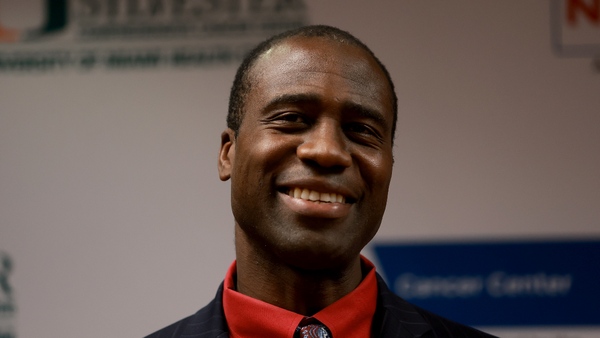
Investor Dan Niles of Niles Investment Management said that the current market valuations are lofty, there is still room to run before the tide begins to turn.
Warns of ‘Irrational Exuberance’ In AI
On Sunday, in a post on X, Niles said that he was positioned in the market to capture as much of this “inflating AI bubble as possible.”
Niles said he believes “the market is suffering from ‘irrational exuberance' given current valuations,” but expects this rally to “extend even further, fueled by easy money, strong Q3 earnings and AI optimism.”
See Also: Jamie Dimon Says You Can’t Look At AI As A Bubble: ‘People Should Stop…’
Citing legendary economist John Maynard Keynes, he said, “The market can stay irrational longer than you can stay solvent,” as a warning to those considering taking short positions in this market.
He also compared today's conditions to the late 1990s dot-com era, recalling a famous speech by former Federal Reserve Chair Alan Greenspan, who coined the term “irrational exuberance” to describe the state of the markets, particularly the tech sector in 1996.
Following this, Niles notes that the S&P 500 doubled, reaching its peak in 2000, while the Nasdaq rose 40% in 1998, 86% in 1999, and gained 24% in just over two months to start 2000, nearly four years into Greenspan’s speech, before it all came crashing down.
“These accelerating gains occurred despite the Fed raising rates from 4.75% in June of 1999 to 6.5% at its peak in 2000,” Niles said. “This time, the Fed started cutting rates again from a range of 4.25-4.50% in September.”
Niles warned that “the higher the AI bubble takes stock valuations, the more painful the decline is going to be ultimately for investors on the other side.”
Despite long-term concerns, he emphasized the need to stay aligned with short-term momentum. “It is important to be positioned for the road right in front of you while contemplating what turns might be ahead. Turning too early can put you in a ditch.”
Experts Mixed On State of AI Bubble
Economist Justin Wolfers pushed back against claims of an AI bubble, saying that the soaring valuations of tech stocks “actually do make sense,” in an MSNBC segment.
Wolfers framed the AI boom as a “beautiful industrial revolution,” and while he acknowledged that “it's certainly possible” the market is in a bubble, he said that the investments are broadly aligned with a genuine technological shift.
Echoing Wolfers’ comments is investment bank Goldman Sachs, which similarly dismissed all concerns of there being a bubble, calling the AI boom an $8 trillion opportunity. “Anticipated investment levels are sustainable, although the ultimate AI winners remain less clear,” said analyst Joseph Briggs.
Investment firm GQG Partners, however, holds a bearish view on the sector, labeling the market as “Dotcom on steroids,” while arguing that the conditions and valuations today are far worse than what they were in 1999.
Read More:
Photo Courtesy: vectorfusionart on Shutterstock.com







